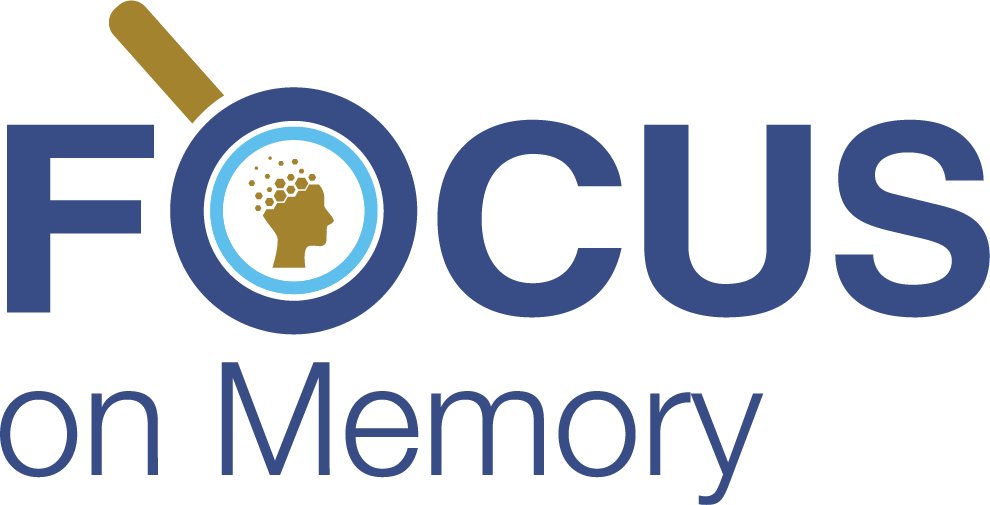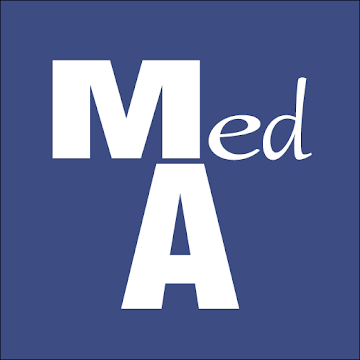Memory loss is an outcome resulting from acquired brain disease and characterized by progressive deterioration in the domains of language, judgment, abstract thinking, and executive functioning. Typical progression begins with noted decline in cognitive domains and progresses to affect activities of daily living. In order to effectively promote abilities with individuals who have memory loss, this program provides caregivers with an understanding of memory and residual abilities across each stage. Current evidenced-based practice patterns to promote successful interactions include supported conversations, stimulated presence therapy, direct cognitive training, Reminiscence therapy, reality orientation, Montessori programming, and Spaced Retrieval Therapy.



